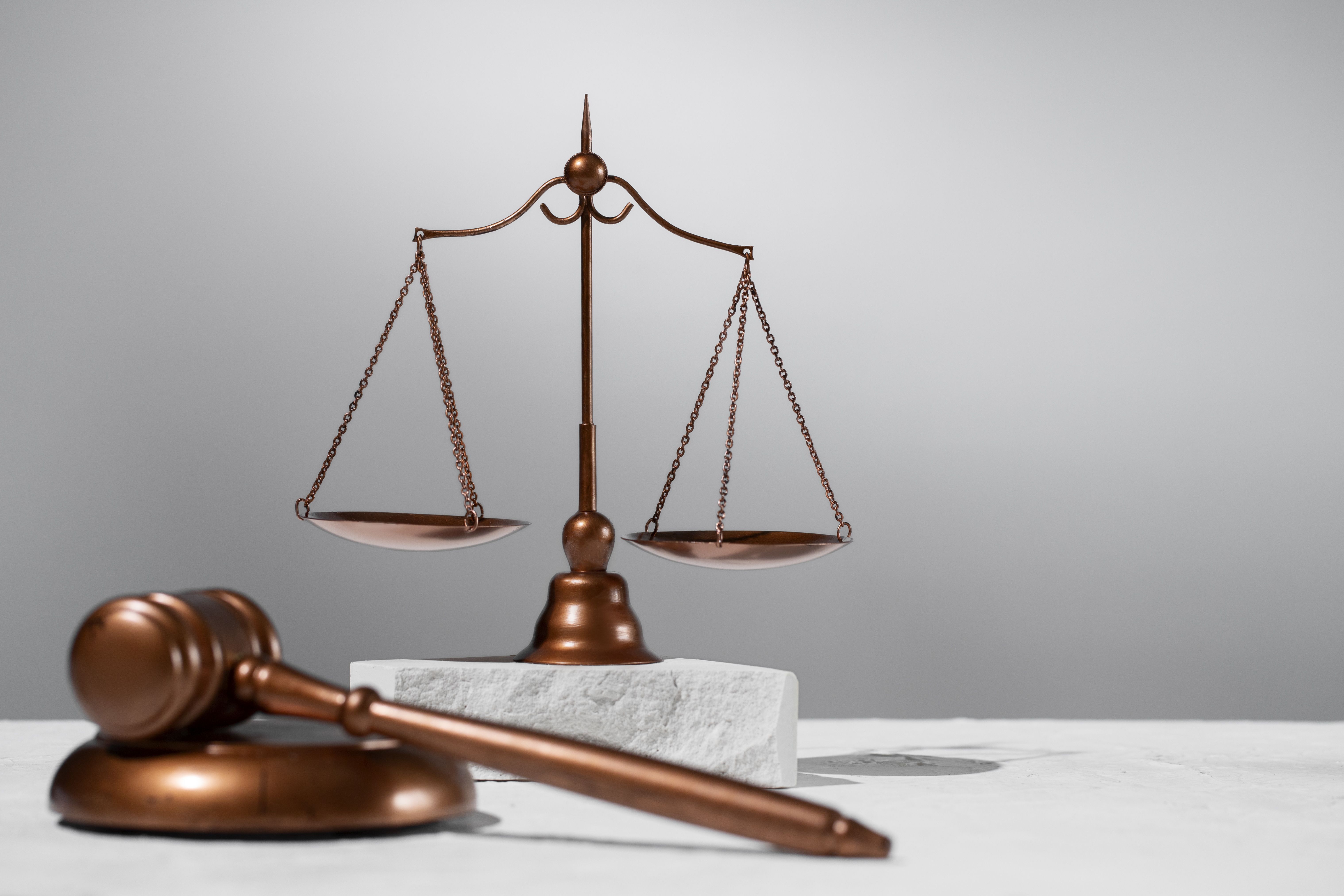
Imagine you encounter a person experiencing a sudden cardiac arrest. You think about jumping in to provide CPR, but you hesitate, worried you could be held liable if you injure the person or can’t save their life. It’s a scary, uncertain moment. However, did you know Good Samaritan laws exist to protect you and encourage you to act?
What are Good Samaritan laws?
In the U.S., Good Samaritan laws generally dictate that you won’t be held liable for trying to help someone in an emergency, such as a cardiac arrest.
Laws vary by state, but general idea is the same: If you make a good-faith effort to help someone in distress, aren’t seeking compensation, and don’t act recklessly or provide care beyond your level of training, you’re protected.
Good Samaritan laws exist to encourage bystanders to feel empowered to swiftly help someone in need. Bystanders are often key to a person’s survival in a medical emergency. Consider that only about 40% of people who experience a cardiac arrest get the help they need before professional help arrives.
What if I cause injury or the person doesn’t live?
You might worry chest compressions delivered during CPR could break ribs or cause other bodily harm. Most medical professionals agree this is rare. Plus, the potential benefit of trying to save a person’s life outweighs the risk of causing injury. Remember, a person in cardiac arrest is considered dead. There’s no heartbeat, no pulse, no breathing. Without promptly-delivered CPR, the chances of survival are virtually zero.
Isn’t it safer for me not be get involved?
Barring rare exceptions, such as you putting your safety or the safely of others at risk, no. Helping is the best response; doing nothing is the worst. Bystander CPR alone is shown to double or triple a cardiac arrest victim’s chances of survival.
I still have concerns. What can I do?
- Check the Good Samaritan law in your state.
- Only provide help that’s in line with your level of training.
- Don’t seek or accept compensation for providing aid.
- If you don’t know how to perform CPR and other life-saving interventions, such as using an automated external defibrillator (AED), take a training course and keep your skills sharp. You’ll be better prepared and more confident should you have opportunity to save a life.
At Starting Hearts, we can provide you with specific traininghttps://startinghearts.c4edu.org/ for making a life-saving difference.
Contact us for more information: info@startinghearts.org
Aileen Aguilar-Frias is a healthcare writer based in California.
